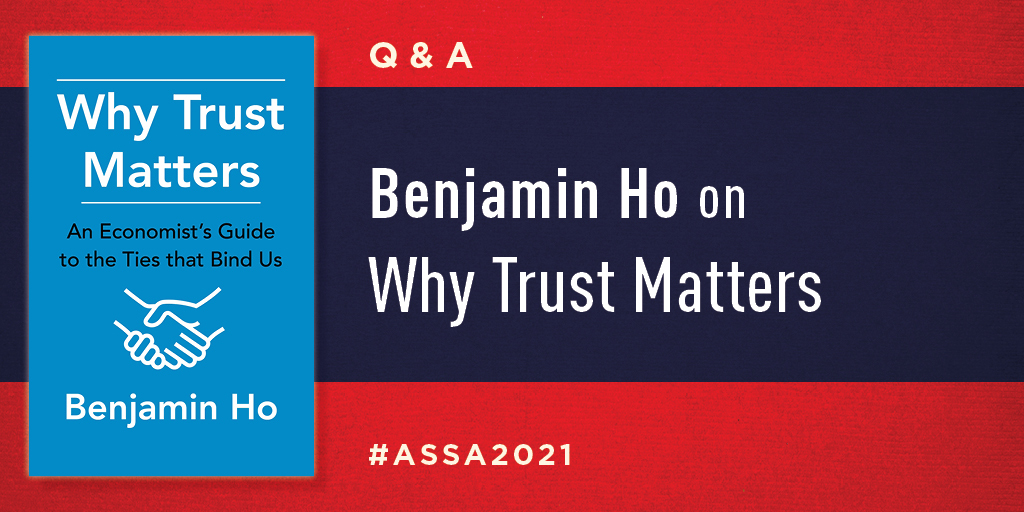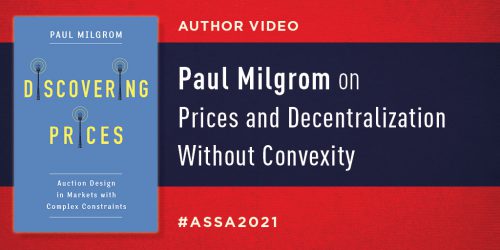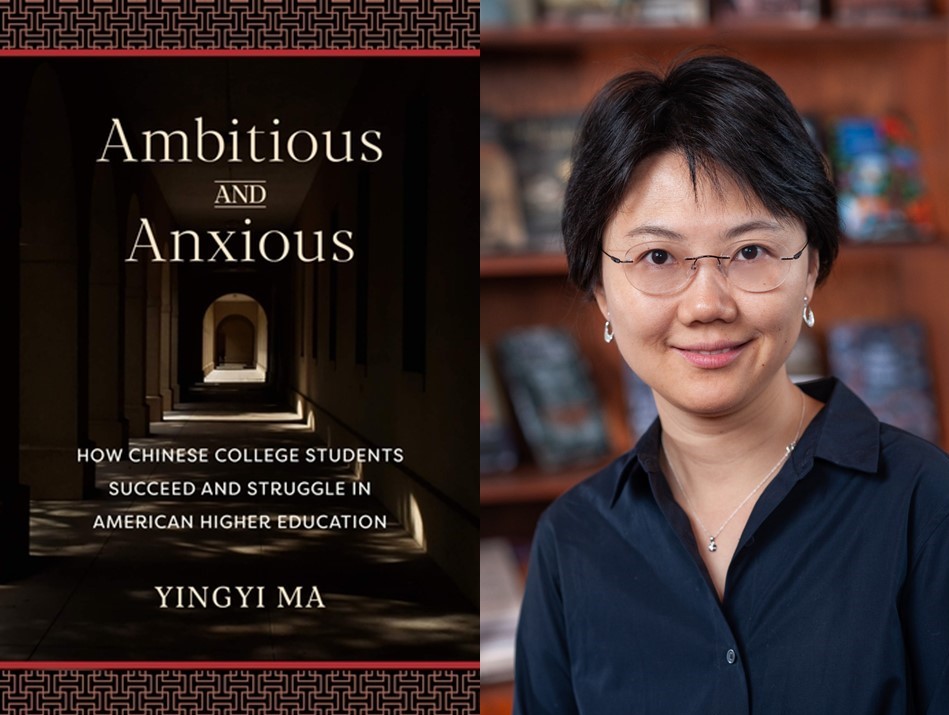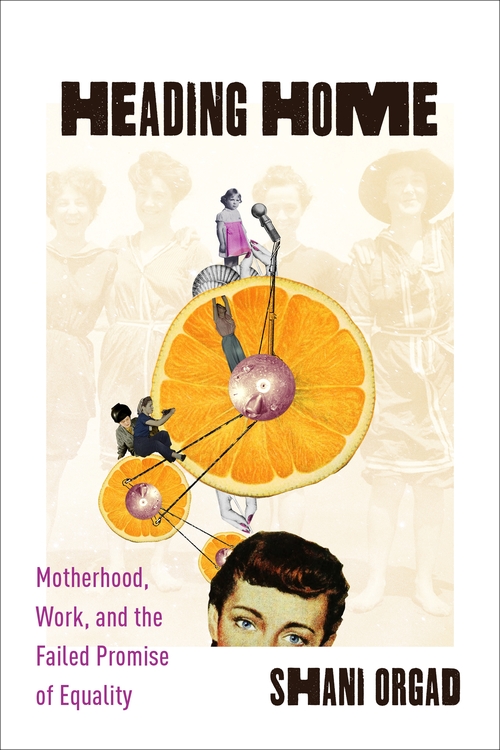Q&A: Benjamin Ho on Why Trust Matters

“Illustrating a seemingly noneconomic concept like trust is, in fact, at the heart of many fundamental economic concepts. Why Trust Matters looks back in history to develop the idea that trust undergirds most human interactions. Benjamin Ho has written a timely, interesting, and fun work for specialists and nonspecialists alike.”
—Charles J. Wheelan, author of Naked Economics: Undressing the Dismal Science
Today’s AEA featured post is a Q&A with Benjamin Ho, author of Why Trust Matters: An Economist’s Guide to the Ties That Bind Us. Ho is an associate professor of economics at Vassar College and a faculty affiliate at Columbia University’s Center for Global Energy Policy. Exploring the essential role of trust in economic relationships, Ho shows how a concept that we rarely associate with the discipline of economics is central to the social systems that govern our lives.
• • • • • •
Q: How did you come to this project? What drew your attention to the concept of trust?
Benjamin Ho: I was lucky to come to economics just as behavioral economics was taking off within the field. Behavioral economics has made great contributions by adapting insights from psychology into economics. However, by focusing on psychology, behavioral economics has drawn less inspiration from sociology and other social sciences. Most notably, it has not prioritized the study of relationships.
The key to successful relationships is trust, and the way we mend broken trust is through apologies. At the time, nobody in economics was asking how we apologize, so I have spent my career doing just that—using a combination of mathematical modeling and experiments in the lab and in the field to uncover just how apologies restore trust, why we accept them, and why sometimes “sorry” can be the hardest word to say.
More broadly, I have long been interested in how institutions like religion and the rule of law shape the economy. Many of our institutions were designed to facilitate trust. At the same time, many of our institutions rely on trust to function.
Q: Economists can portray economic actors as faceless and impersonal when dealing with certain expressions and big-picture concepts and ideas. When does an economist begin to take trust into consideration? And what does it mean to them?
BH: Trust is essential whenever people need to work together, which is pretty much always. However, much of neoclassical economics has been able to take trust for granted by assuming a rule of law that enforces contracts and guarantees transactions. Even something as simple as buying a book from a bookstore requires the bookseller to trust the buyer to hand over the cash, and the buyer to trust the bookseller to hand over a genuine book. In general, the rule of law provides recourse in case anyone violates the implicit terms of the transaction, but what happens in areas where the rule of law doesn’t apply? Or in areas where the rule of law itself cannot be trusted? Trust facilitates cooperation and mutually beneficial exchange when the rule of law cannot be counted upon to do so.
Q: What do you see as the relationship between scarcity and trust—two fundamental elements in economics?
BH: Great question!
The first thought that jumps into my head is a song about how love is “the only thing that there’s just too little of.” You could say the same for trust as well.
Except that the law of scarcity refers to the fact that most of the choices we make require trade-offs. Trust is one of those choices. Trusting someone is necessary for cooperation, so more trust means more cooperation, which is a good thing. But trust entails risk, and too much trust can be a mistake when you might encounter untrustworthy partners.
Q: The book considers a range of aspects of daily economic (and noneconomic) life that is heavily impacted by trust. Can you give us an example that stands out as particularly emblematic of trust’s significance?
BH: At this moment, it’s hard not to think about COVID-19 and the role of trust in the pandemic. We need to trust public health experts and their recommendations. We need to trust doctors. We need to trust the pharmaceutical companies? who are developing vaccines. We need to trust the government who regulates and pays for the whole process. We need to trust each other to follow the rules and take care of each other.
I actually have a new research project with Baran Han, Chris Tabakis, and Inbok Rhee that I am presenting here at the AEA on how fear of COVID-19 impacts our distrust of outsiders. Fear can cause people to close ranks and increase exclusion. Alternatively, fear can cause us to become inclusionary as we band together against an external threat. We present experimental evidence on how both factors are at work today.
Q: Trust seems to be at a premium in today’s economic, political, and cultural climates. What role can an economist play in promoting trust in the different systems that rule our world?
BH: By breaking down the mechanisms that underpin trust—e.g., reputation, cooperation, sacrifice, and reciprocity—economic models can help any of us as individuals, businesses, or policy makers increase the trust in our relationships and decide who can be trusted. More importantly, the way economics breaks down trust has allowed a wealth of experimental results that give empirical evidence for how and why trust works. It is the mix of empirical evidence along with theory that gives the study of trust credibility.
More generally, I hope the book can help a paint a more optimistic picture of the long-term trends in trust. Since the beginnings of civilization, humans have developed institutions that have allowed us to trust each other in greater and greater numbers. We went from a time when we could only trust our own family and neighbors to trusting those in our religion and those in our nation-state. Today we blithely put our faith in abstract institutions like money, markets, and a world trade system that spans the globe. That’s really an amazing thing. That is why I’m hopeful that the world will be able to find the trust it needs to cooperate on the biggest problems we face, such as global pandemics and climate change.
Save 20 percent on our conference titles on display when you use coupon code AEA at checkout from our website by March 1, 2021.








